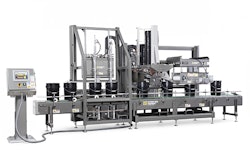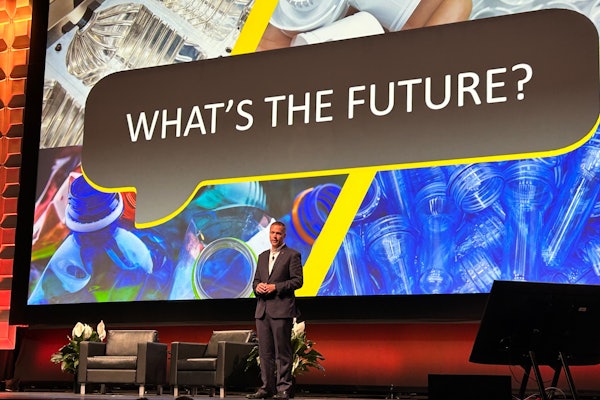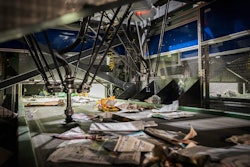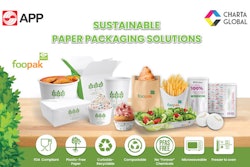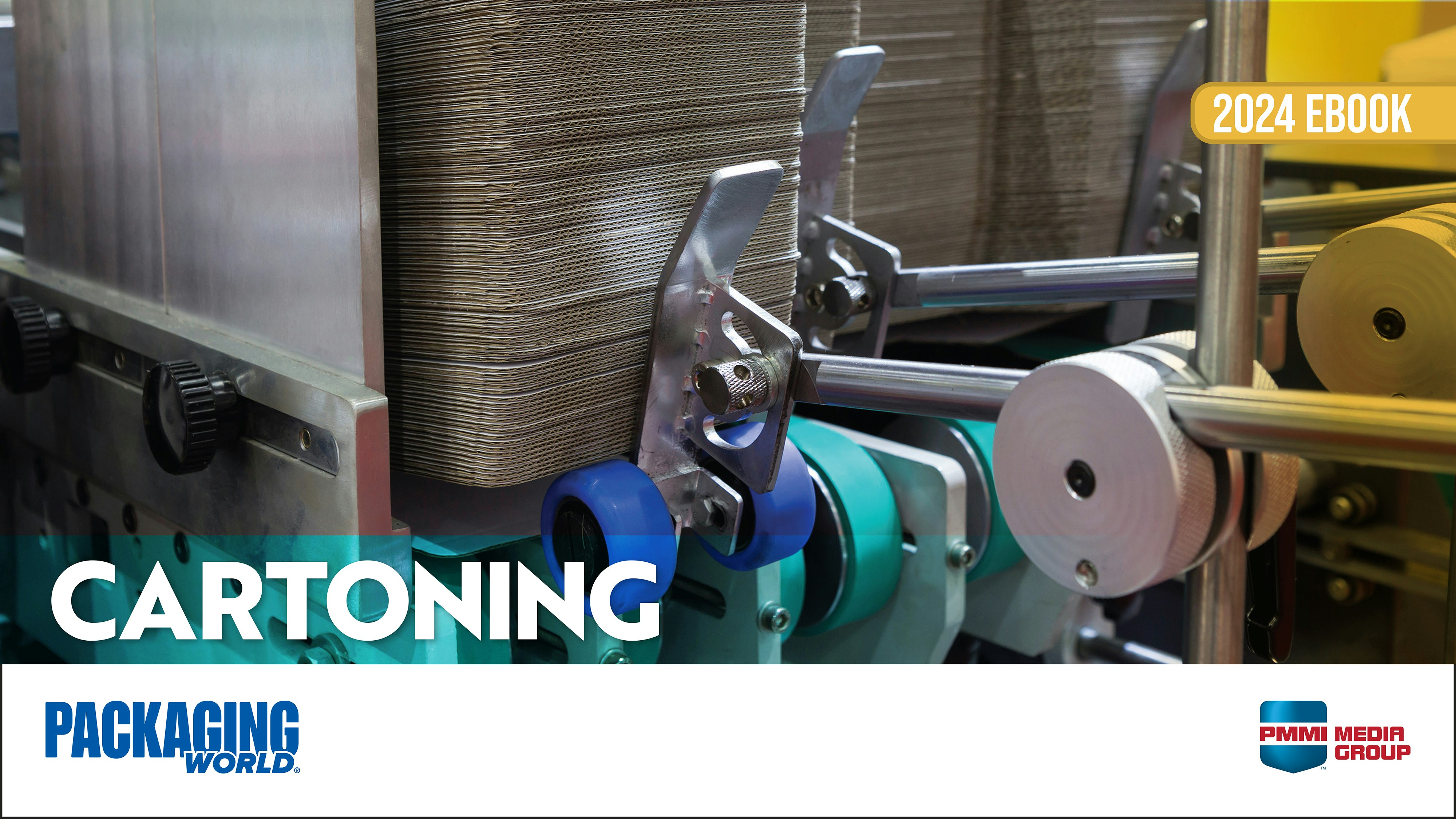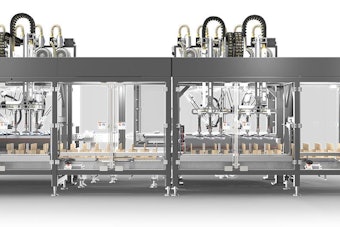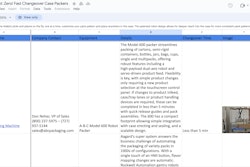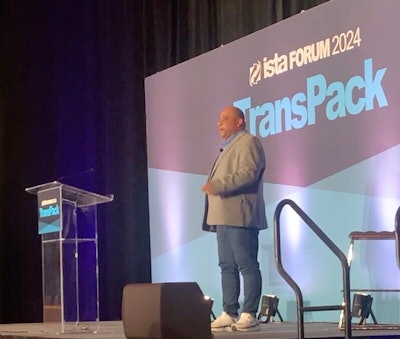
IBM’s Bill Green spoke at ISTA’s TransPack about pushing for sustainable practices and telling your sustainability story—which he says each of us has—even for those in packaging who aren’t sure it’s their job.
Regardless of whether or not your title says "sustainability," don't sell your packaging or logistics knowledge short. “Nobody came to me to say we need a sustainability strategy. I looked and said, ‘We need this.' There were more senior people there, but guess what? I researched it, looked at what we were doing, and came up with something. And we've evolved over time."
Green, who is also the ISTA Global Board Chair, said it’s up to each of us to be change agents.
To start, you have to determine your baseline. “My guess is, you’re probably already doing some pretty cool sustainability stuff,” said Green. Even if you don’t realize it, you're likely saving resources, minimizing damage, and reducing carbon. It's ok to take credit for what you’re already doing, because that’s good news and it should be shared.
But when you do launch new initiatives to improve, and manage them continuously, be sure you’re ready for auditability. He said you must have data to back up your claims when someone knocks on your door. A real frontier in Green’s eyes is climate change and transportation, particularly with heavy products moving around the globe.
Speaking of data: People are rightly concerned about carbon footprint measurement. It's still the Wild West. He said that whatever software and methods you use, be consistent so you know when you’re moving the needle in a positive direction. Ensure you document your rationale for what you choose as soon as possible, because employees come and go. You don’t want the knowledge of your decision-making process to leave with staff if they move on. 
To bring things into perspective, Green said that on a line item he specifies the cost, and he puts the carbon figure right next to it. “It moves it from a business imperative to a moral imperative very quickly,” he said, adding that this can make a big impact on those who are initially resistant to greener initiatives.
Sustainability is no longer a buzzword—it’s key to staying relevant. “You want to be a part of something like that, whether you're a brand, a producer, whether you’re transporting goods around. If people feel morally good about doing business with you, they're going to want to do business with you more,” he said.
He also warned that environmental regulations around the globe are increasing and getting more diverse. Carbon reporting in particular can be a challenge, particularly if you have to go all the way back to the smelter for an imported steel product. The path forward, he said, is through collaboration with peers, ISTA, and academia, because no company can tackle these sustainability, reporting, and circularity issues alone.
Ocean shipment: call to collaborate
Speaking of collaboration, Green challenged attendees to get involved with the Ocean Shipment Characterization Study, a collaboration with IBM (OIC) and ISTA, to characterize ocean shipments. “We have this ocean study. It doesn't have to be just IBM. We all ship things via ocean. How can we partner?” he asked. “This is an opportunity for us all to make a big difference. None of us is as strong as all of us. We probably have in our [ISTA] membership hundreds of ocean shipments a year. What are we waiting for?”



